Top 3 Cooking Oil Disposal Tips
Top 3 Cooking Oil Disposal Tips
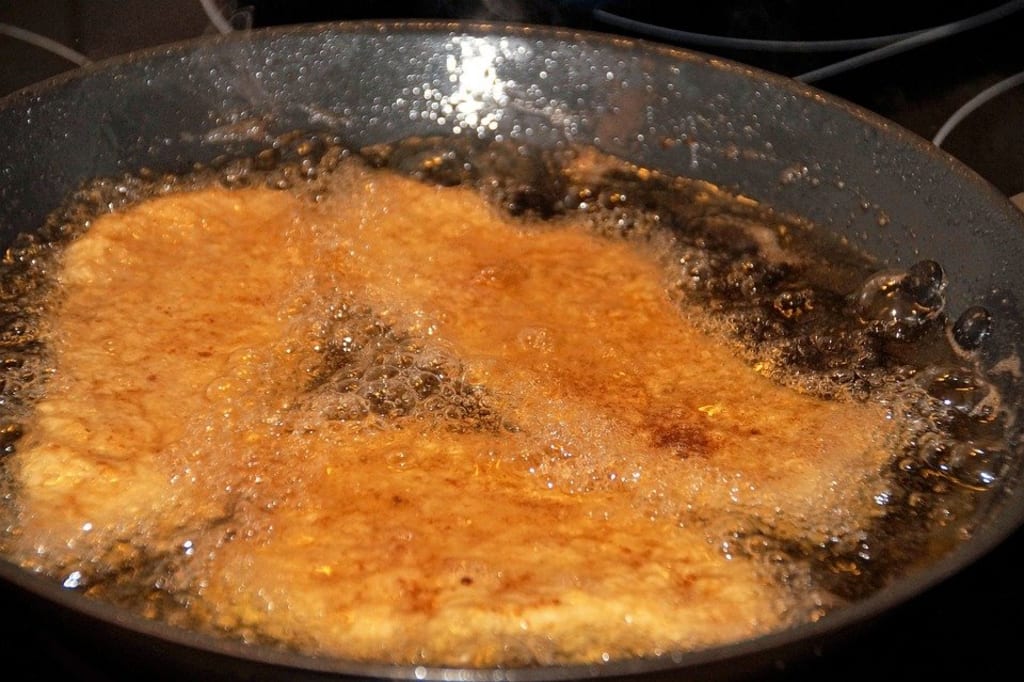
Kitchens are going to get busier during the holidays, but this doesn't mean that safety is going to be overlooked. In fact, fire prevention guidelines must be enforced better during the holiday season. Holiday celebrations are expected to involve plenty of cooking, and the National Fire Protection Association (NFPA) reports that the peak day for home cooking fires is Thanksgiving, which is followed by Christmas Day, the day before Thanksgiving, Easter, and Christmas Eve. In addition, cooking was the leading cause of reported residential fires from 2014 to 2018.
When a fire breaks out inside the home, not only does the property owner face losses in personal items and structure damages, but there is also a need to have the damage repaired by a professional fire damage restoration company, like ServiceMaster by Wright, in order to completely bring the affected area back to its pre-disaster condition. This could result to thousands of dollars in expenses. To save money and keep holiday cooking and celebrations free from the threat of a fire, ServiceMaster by Wright has compiled these cooking safety tips and steps to properly dispose of cooking oil.
Cooking Safety Tips
Here are the things that should be learned about home cooking safety.
● Check food often while cooking. Use cooking timers when working on multiple dishes to be reminded about checking the foods being cooked, especially those that take a long time. Turn off the stove if there is a need to leave the kitchen.
● Do not throw water on a grease fire because it will just distribute the fire all over the kitchen.
● Wear proper clothing in the kitchen. Loose clothing or dangling sleeves can get stained, cause spills, or catch fire.
● Remove flammable materials near any heat-generating appliance. This includes pot holders, oven mitts, food packaging and wooden utensils.
● Keep children away from the kitchen. This is to make sure that they will not play with matches or stove fire. Establish a safe distance of three (3) feet between young children and the stove.
● Clean surfaces to reduce grease accumulation. Grease fires are a major part of the cooking fire problem. Wipe down surfaces after cooking.
● Turn off all cooking equipment at the end of the day. This includes ovens, stoves, fryers, and other appliances used for cooking the meals.
Safety Tips When Cooking With Oil
● Pay attention to the food being fried and watch out for signs indicating that the oil is too hot, such as wisps of smoke or smells coming from the frying pan. When this happens, turn off the stove and remove the pan.
● For sautéing or frying, heat the oil slowly to the desired temperature.
● When adding food, do it carefully so that the oil would not splatter or spill.
● If the pan catches fire, slide the lid over it and turn off the flame. Never use water to extinguish the fire. Leave the pan to cool for a long time.
● If a fire goes out of control, tell everyone to get out of the house and alert the fire department.
How to Dispose of Cooking Oil Properly
● Store and reuse cooking oil. In order to save your grease, let it cool first without allowing it to completely harden. After it has cooled, use cheesecloth to cover a glass jar and pour the grease through it. Place the grease in the refrigerator or freeze it until the time it would be needed again. Note that leftover grease must be used within six months of refrigeration. Strained leftover grease can be used to add extra flavor to food and could be used in sauces, seasoning, and other cooking techniques.
● Turn leftover cooking oil into bird feed. Beef fat can be upcycled into suet cakes for birds. First, let the oil cool and then mix it with bird feed, flour, oats or cereal. The resulting mixture can be portioned into disposable cups used for baking and then refrigerated, or they can be rolled into balls when cool enough. After the grease cakes have turned solid, they can be rolled in bird seed and then hung outside using a mesh produce bag or a suet cage. Check the weather before hanging the cakes to make sure that it isn't warm enough to melt them.
● Discard excess grease properly. Never pour grease down the drain. It can be left to cool and thrown out once it solidifies, or it can be poured in a disposable container, sealed, and then thrown away. After cooking, get rid of excess grease by scraping leftovers into the trash and wiping down plates and trays with paper towels to remove residual oil.
Southwest Florida's Most Trusted Fire Damage Restoration, Repair, and Cleanup Company
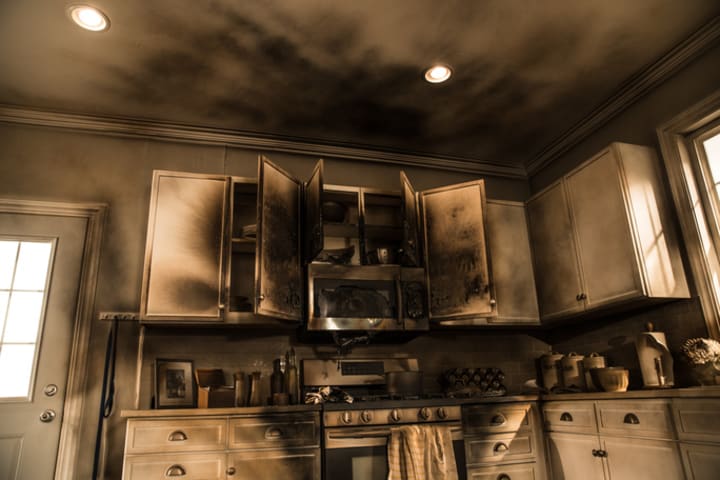
When a cooking fire isn't prevented, it's time to call a professional. ServiceMaster by Wright is a leading fire damage restoration company performing content cleaning, smoke and soot damage removal, and fire damage repair since 1979. We have pioneered fire and smoke damage restoration solutions for homeowners and businesses in Southwest Florida, and are also an insurance-preferred vendor.
With over 40 years of experience in restoring homes and businesses due to disasters, ServiceMaster by Wright can provide the guidance, expertise and personalized care needed to make sure life gets back to normal as quickly as possible.
Contact ServiceMaster by Wright at 239-431-9947 for fire damage repair services in Southwest Florida and surrounding areas. We cater to clients in Bonita Springs, Bradenton, Cape Coral, Englewood, Estero, Fort Myers, Lehigh Acres, Longboat Key, Naples, Marco Island, Port Charlotte, Punta Gorda, Sarasota, Siesta Key, and Venice.

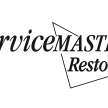
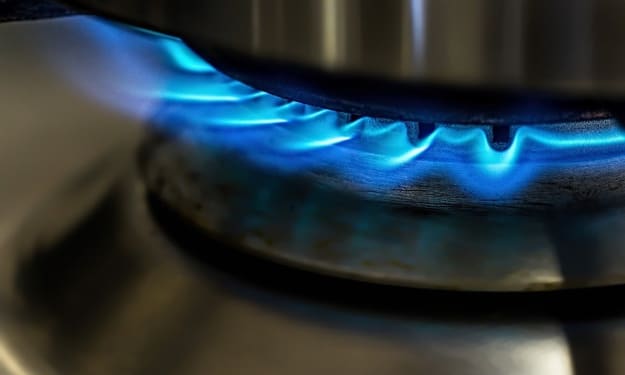

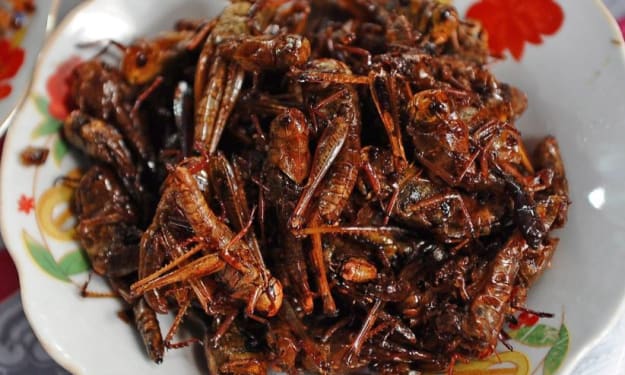

Comments
There are no comments for this story
Be the first to respond and start the conversation.